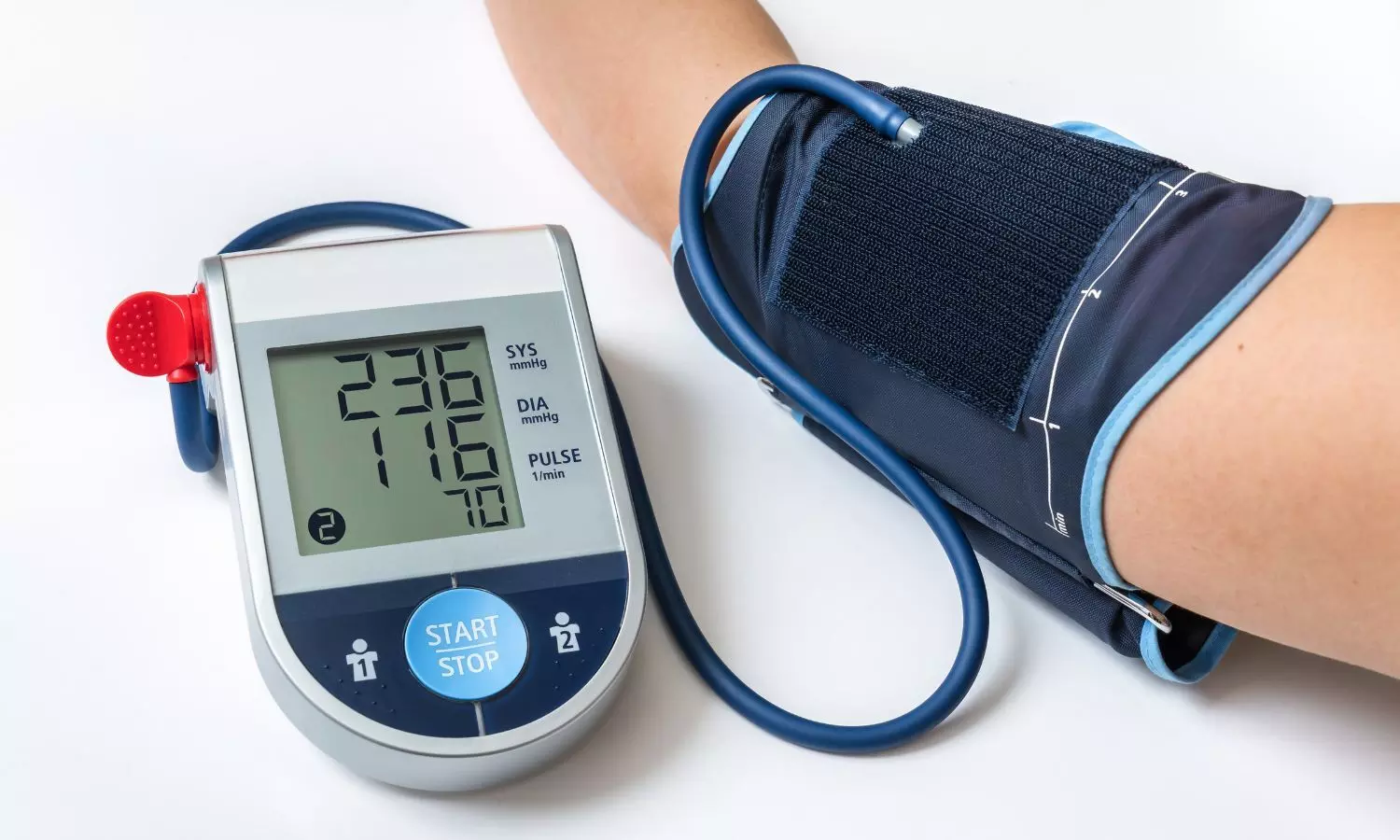New Drug Lowers Blood Pressure in Treatment-Resistant Hypertension: Phase III Trial

New Delhi: A new medication has shown promising results in significantly reducing blood pressure in individuals whose hypertension remains dangerously high despite taking multiple existing treatments, according to findings from a Phase III clinical trial.
High blood pressure affects an estimated 1.3 billion people worldwide, and nearly half of these cases are either uncontrolled or resistant to current therapies—putting patients at a much higher risk for heart attacks, strokes, kidney disease, and premature death.
In the international trial, participants who received the new drug baxdrostat (1 mg or 2 mg once daily in pill form) saw their blood pressure drop by approximately 9 to 10 mmHg more than those who received a placebo over a 12-week period—an improvement that could meaningfully reduce their risk of serious cardiovascular events.
About 4 in 10 patients reached healthy blood pressure levels, compared with fewer than 2 in 10 on placebo, revealed the trial, led by University College London’s Institute of Cardiovascular Science.
The results, published in the New England Journal of Medicine, were based on nearly 800 patients across 214 clinics worldwide.
“Achieving a nearly 10 mmHg reduction in systolic blood pressure with baxdrostat in the Phase III trial is exciting, as this level of reduction is linked to substantially lower risk of heart attack, stroke, heart failure and kidney disease,” said Principal Investigator Professor Bryan Williams from UCL, while presenting the findings at the European Society of Cardiology (ESC) Congress 2025 in Madrid, Spain.
Blood pressure is strongly influenced by a hormone called aldosterone, which helps the kidneys regulate salt and water balance.
Some people produce too much aldosterone, causing the body to hold onto salt and water. This aldosterone dysregulation pushes blood pressure up and makes it very difficult to control.
Baxdrostat works by blocking aldosterone production, directly addressing this driver of high blood pressure (hypertension). The findings are important as they can decode the mechanism behind the difficult-to-control blood pressure.
Further, the study showed that in patients with uncontrolled or resistant hypertension, the addition of baxdrostat 1mg or 2mg once daily to background antihypertensive therapy led to clinically meaningful reductions in systolic blood pressure, which persisted up to 32 weeks with no unanticipated safety findings.
“This suggests that aldosterone is playing an important role in causing difficult-to-control blood pressure in millions of patients and offers hope for more effective treatment in the future,” said Williams.
“The results suggest that this drug could potentially help up to half a billion people globally,” he added.


